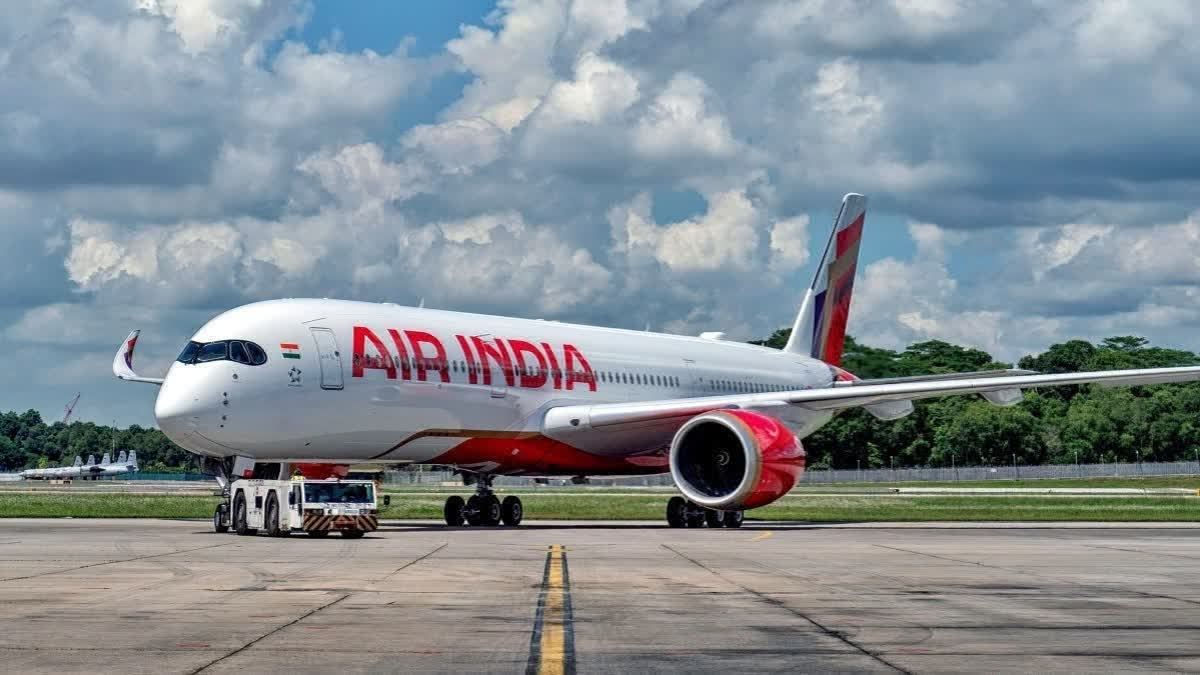Pakistan’s Strategic Shift Disrupts Indian Flight Operations

Indian airlines are facing a significant financial burden due to the closure of Pakistan’s airspace, which has been prompted by heightened tensions following a recent terror attack in Pahalgam. The operational costs for these airlines are projected to increase by approximately Rs 77 crore weekly as they are forced to reroute flights, leading to longer travel times and higher fuel expenses. Monthly operational costs could exceed Rs 307 crore, impacting both short and long-haul international flights.
Impact on Flight Operations
The closure of Pakistan’s airspace has resulted in longer flight paths for Indian airlines, particularly affecting international routes to North America and Europe. According to reports, flights to North America now require an additional 1.5 hours of flying time, which translates to an increased cost of around Rs 29 lakh per flight. This includes expenses related to fuel, landing, and parking, especially due to unscheduled technical stops. Similarly, European routes are experiencing the same increase in flight duration, leading to an added cost of approximately Rs 22.5 lakh per flight. Middle East-bound flights are also facing delays of up to 45 minutes, which adds around Rs 5 lakh in extra operational expenses per flight.
Data from aviation analytics firm Cirium indicates that Indian carriers operate over 6,000 international flights each month, with around 800 of these flights originating from northern cities like Delhi. The majority of these flights are directed towards destinations in North America, Europe, the UK, and the Middle East. The operational strain is particularly pronounced for narrow-body aircraft, which account for about 1,900 flights per month to the Middle East, potentially leading to an additional Rs 90 crore in costs. Long-haul flights using wide-body aircraft to Europe and North America are expected to contribute to the remaining Rs 217 crore in increased expenses.
Challenges Beyond Fuel Costs
In addition to rising fuel costs, airlines are grappling with several operational challenges. Crew duty time limits, reduced aircraft availability, and payload issues are complicating the situation further. These factors make it increasingly difficult for airlines to maintain their schedules and manage costs effectively. The operational adjustments required to accommodate longer flight times are straining resources and complicating logistics for many carriers.
On April 25, IndiGo announced adjustments to around 50 of its international routes due to the extended flight durations. The airline also suspended operations to Almaty and Tashkent for a limited period, citing that rerouting made these destinations unviable for their current fleet. Other airlines, including Air India, Air India Express, SpiceJet, and Akasa Air, have yet to announce any flight cancellations but are expected to face similar operational challenges in the coming weeks.
Airline Responses and Future Outlook
As the situation evolves, airlines are assessing their capacity to absorb the increased operational costs. Wide-body operators like Air India and IndiGo, which utilize larger aircraft such as the B777 and B787, may be better positioned to manage the impact compared to budget airlines that primarily operate narrow-body fleets. The financial strain from the airspace closure is likely to lead to further adjustments in flight schedules and routes as airlines seek to mitigate losses.
The ongoing geopolitical tensions and their repercussions on air travel highlight the vulnerability of the aviation sector to external factors. As airlines navigate these challenges, the focus will remain on finding sustainable solutions to maintain operations while managing costs effectively. The situation remains fluid, and further developments are anticipated as airlines adapt to the changing landscape of international air travel.
Observer Voice is the one stop site for National, International news, Sports, Editor’s Choice, Art/culture contents, Quotes and much more. We also cover historical contents. Historical contents includes World History, Indian History, and what happened today. The website also covers Entertainment across the India and World.

